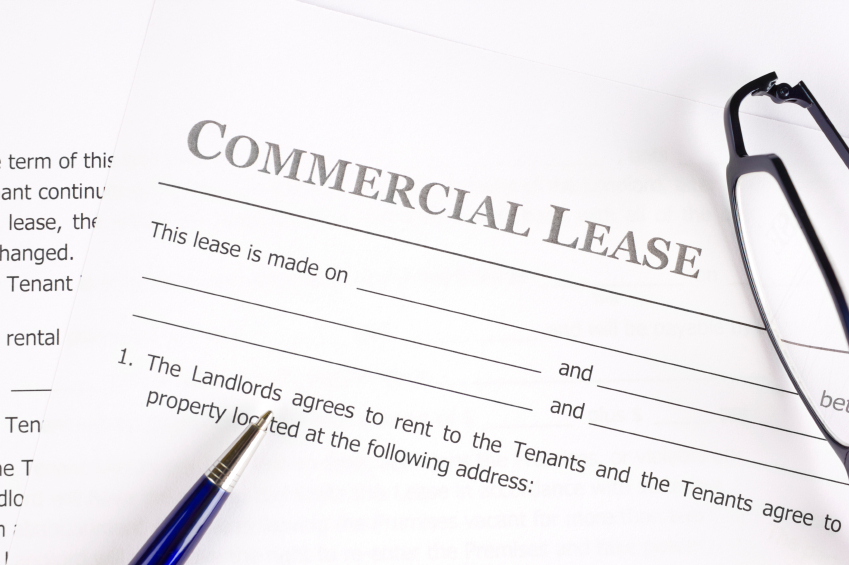If you want to develop your store but are restricted by the terms in a current or ancient lease, you can negotiate, says RN columnist Barry Frost Store development plays a major role in convenience retailing nowadays. It has become necessary for business owners facing tough competition to constantly reassess their offering and consider how to […]
Join the CLUB to continue reading this story
Club Members have unlimited access to all articles and a whole lot more to elevate your store.or
Register for free and receive the latest news and views to your inbox every week





Comments
This article doesn't have any comments yet, be the first!